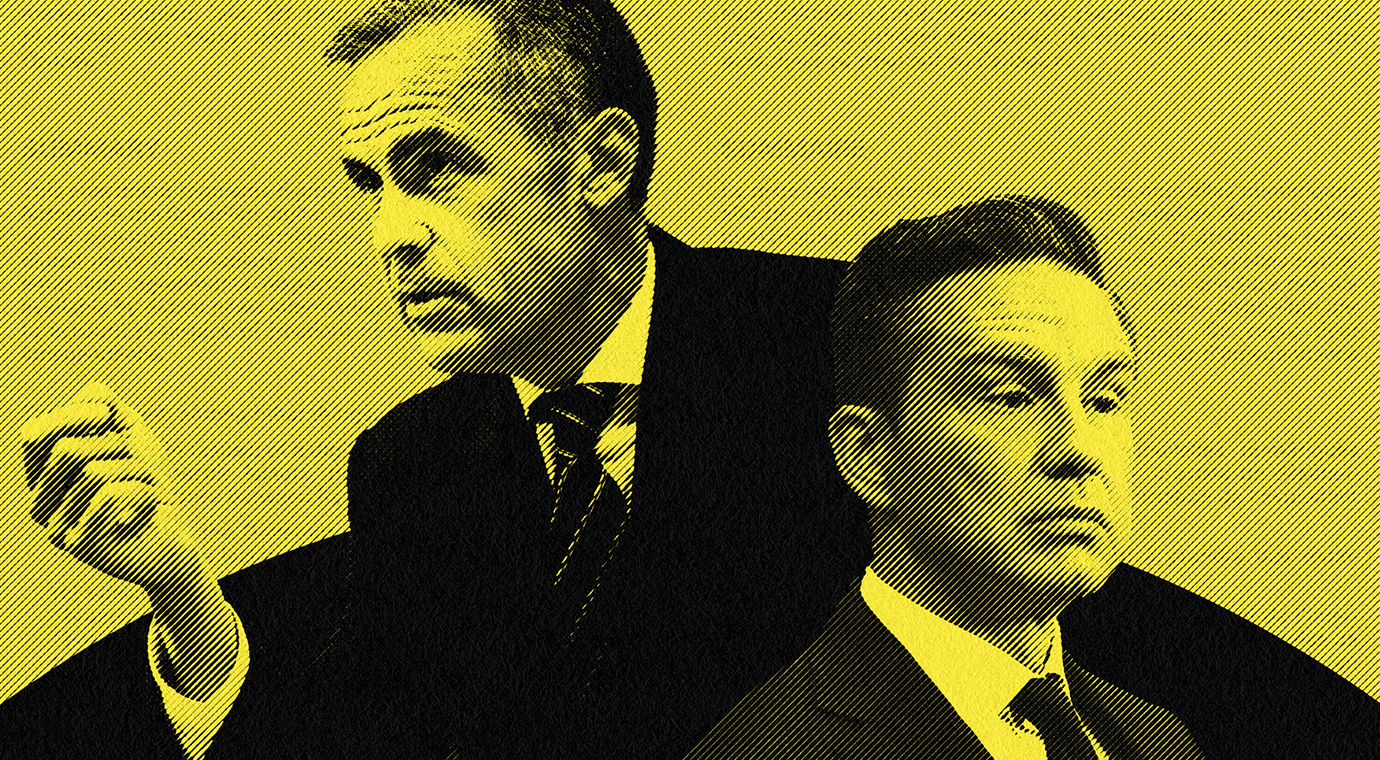Simon Houpt, Senior Media Writer for The Globe and Mail, accepts Jesse’s challenge to defend his profile of Jesse on CANADALAND.
* Raw audio of the complete interview.
* Simon and Jesse’s original correspodence about the “faked” CBC story.
Here is the full text of the scenario sent to various senior journalists, mentioned by Jesse in the episode:
Scenario
A reporter tells a source that he has an “on the record” allegation about him, would he care to respond?
The source responds.
The piece runs. The source is quoted, responding to the allegation about him. No-one is quoted as having made the allegation. The source’s response to the allegation, the reporter writes, is disputed by certain people, who are not named or quoted, nor is the substance of their dispute included.
When the source later asks the reporter what happened to the “on the record” allegation, the reporter responds that his source for the allegation was indeed “on the record” but “not for attribution”.
Question
Has the reporter acted ethically?
RESPONSES
Daniel Okrent, first public editor of the New York Times:
“Profoundly unethical – and amateurish, too.”
Dan Gillmor, director of the Knight Centre at the Walter Cronkite School of Journalism:
“I always thought “on the record” meant fully quotable, with name attached.”
Ed Wasserman, Dean of UC Berkeley Graduate School of Journalism.
“The source deserved to be as fully informed as possible about the allegation before responding to it.
It appears that the reporter took refuge in an arcane (and, arguably, imaginary) distinction between ‘off the record’ and “not for attribution’.
I think that was squirrelly and borderline deceitful. To the degree the source was induced to comment because s/he believed the accuser would be fully identified, that representation was materially misleading.
No way would that make it into a ‘best practices’ guide for reporters. Whether this was careless or deliberate, it’s not something reporters ought to do.”
Here is the pertinent section of the Canadian Association of Journalists’ ethics guidelines, cited by Simon Houpt:
We only promise anonymity when the material is of high public interest and it cannot be obtained any other way. (See TRANSPARENCY, above.) And when we make these promises to sources, we keep them.
Because we may be ordered by a court** or judicial inquiry to divulge confidential sourcesupon threat of jail, we must understand what we are promising. These promises – and the lengths we’re willing to go to keep them – should be clearly spelled out as part of our promise. The following phrases, if properly explained, may be helpful:
Not for attribution: We may quote statements directly but the source may not be named, although a general description of his or her position may be given (“a government official,” or “a party insider”). In TV, video or radio, the identity may be shielded by changing the voice or appearance.
On background: We may use the essence of statements and generally describe the source, but we may not use direct quotes.
Off the record: We may not report the information, which can be used solely to help our own understanding or perspective. There is not much point in knowing something if it can’t be reported, so this undertaking should be used sparingly, if at all.
When we are not willing to go to jail to protect a source, we say so before making the promise. And we make it clear that the deal is off if the source lies or misleads us.
